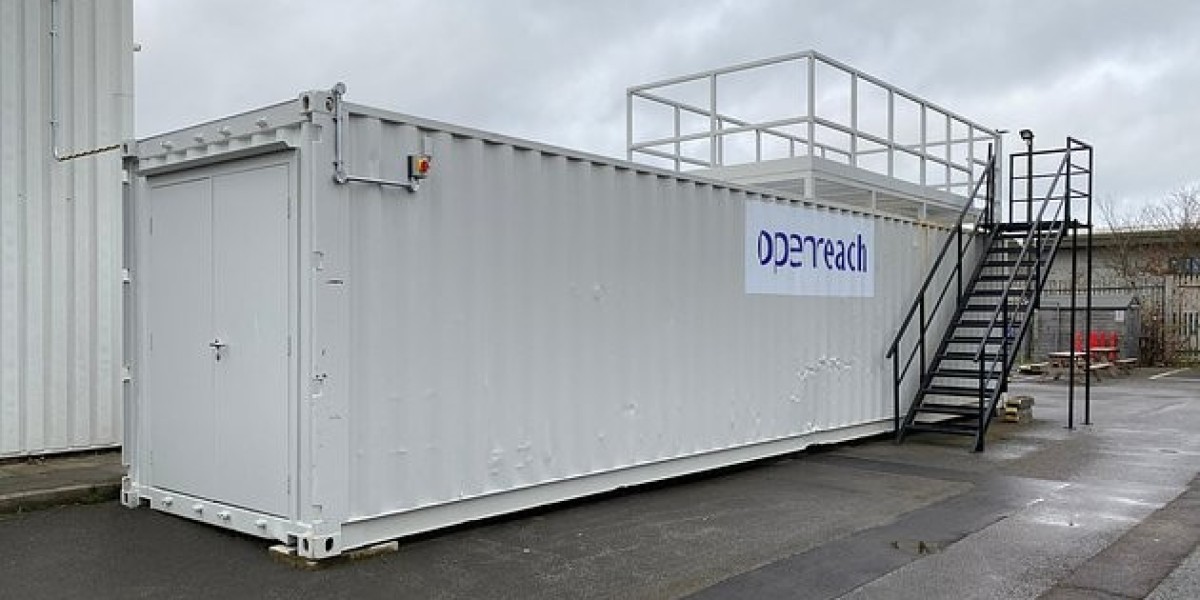White teeth are often seen as a sign of good health and confidence. But achieving that dazzling smile isn’t just about applying whitening products. It starts with a solid foundation of strong daily oral care. Without it, whitening treatments can fall flat, fade quickly, or even harm your teeth. In this post, we’ll chat about why brushing, flossing, and healthy habits are essential before and after whitening and how they make a big difference in the long run.
The Truth Behind That White Smile
White Teeth Aren’t Always Healthy Teeth
Let’s get something straight just because teeth look white doesn’t always mean they’re healthy. Some people are born with naturally whiter enamel, while others may have deeper stains or more yellow tones genetically. That doesn’t mean your teeth are unhealthy. In fact, a set of healthy teeth might not be super white at all. So, when it comes to whitening, the key isn’t to aim for a Hollywood glow overnight but to build a healthy mouth that makes your natural colour shine its brightest.
How Oral Hygiene Impacts Whitening Results
Enamel Matters More Than You Think
The enamel is the outer layer of your teeth and plays a major role in how white your teeth appear. When enamel is healthy, it reflects light better and masks the darker dentin beneath. But if it’s worn down through acidic foods, poor brushing techniques, or skipping dental check-ups it becomes thin. And thin enamel means the natural yellow underneath starts to peek through.
No whitening product can replace enamel. That’s why maintaining your enamel through good brushing habits, fluoride use, and regular dental care is key before you even think about whitening.
Why Your Daily Routine Makes or Breaks Whitening
Brush, But Do It Right
Brushing is basic, but it’s surprisingly easy to get it wrong. Scrubbing too hard with a stiff brush can damage enamel and gums. Neglecting to brush at night allows plaque and stains to build up. And using whitening toothpaste that’s too abrasive can cause more harm than good over time.
Instead, brush gently with a soft-bristled toothbrush for two minutes, twice a day. Make sure you reach all corners of your mouth, and don’t forget your tongue!
Flossing Isn’t Optional
Here’s where many of us slip. Flossing daily isn’t just about removing food stuck between teeth. It breaks up plaque that your toothbrush can’t reach. If left alone, that plaque hardens into tartar, which attracts stains like a magnet. Whitening can’t penetrate tartar so if you’re skipping floss, you’re essentially whitening around the problem.
When to See a Dentist Before Whitening
Before you start any whitening treatment, your first stop should be your dentist in Bolton. Here’s why it matters:
They’ll check your oral health. If you have cavities, gum disease, or worn enamel, jumping straight into whitening could make things worse or at best, do nothing at all.
You’ll get a professional clean. Whitening on top of plaque isn’t effective. A clean surface gives better, longer-lasting results.
They’ll help choose the right method. Not all teeth respond to whitening in the same way. Your dentist can help you avoid wasting time and money.
This is especially important if you’re considering teeth whitening Bolton treatments. Going the DIY route without guidance can cause uneven results and sensitivity.
What You Do After Whitening Is Just as Crucial
So you’ve whitened your teeth. Fantastic! But that bright glow won’t last long if your habits don’t back it up. Let’s look at how to maintain that fresh look.
Avoid the Top Stainers
There are a few common culprits that love to dull your sparkle:
Tea and coffee
Red wine
Tomato-based sauces
Curry
Smoking
Now, no one’s saying give these up entirely. But try sipping through a straw, rinsing with water afterwards, or brushing about 30 minutes later (not straight after, as acidic drinks soften enamel).
Make Diet Work for You
You’d be surprised how much your diet affects your smile. Foods that are high in calcium like cheese and leafy greens help remineralise enamel. Crunchy fruits like apples help clean your teeth naturally. Meanwhile, sugary or acidic snacks speed up enamel erosion, which leads to duller, yellower teeth.
The Myth of Overnight Whitening
We live in a world of instant results, but when it comes to whitening, patience pays off. You might see adverts that promise dramatic changes in one go, but often these rely on harsh chemicals or don’t last. Real whitening, especially under the care of your dentist, tends to be more gradual but far safer and longer-lasting.
Sensitivity: A Sign to Take Seriously
Some people experience a little twinge after whitening. But if you’re wincing every time you drink cold water, that’s a red flag. It often points to poor enamel or gum health. Good oral hygiene helps reduce the chances of sensitivity, so if it’s happening, it’s worth checking in with your dental team. For those using teeth whitening Bolton services, personalised advice is always better than self-diagnosing.
Top Tips to Keep Your Smile Bright
Here’s a quick guide to keep that white smile going strong:
When Whitening Alone Isn’t Enough
Some stains don’t respond to whitening like those caused by trauma, certain medications, or fillings and crowns that don’t bleach. If whitening isn’t giving you the results you want, your dentist in Bolton might suggest alternatives like bonding or veneers.
If you’ve tried teeth whitening treatments and still feel your smile isn’t quite there, it might just be about finding the right solution not giving up altogether.
Conclusion
A brighter smile doesn’t begin with the whitening tray, it begins with the toothbrush. Strong oral care is the unsung hero behind every glowing grin. It protects your enamel, keeps gums healthy, and sets the stage for longer-lasting results. At EDB, we believe healthy teeth are beautiful teeth, and with the right habits in place, whitening can be a safe, stunning addition to your routine. Remember: a glowing smile is built, not bought.








